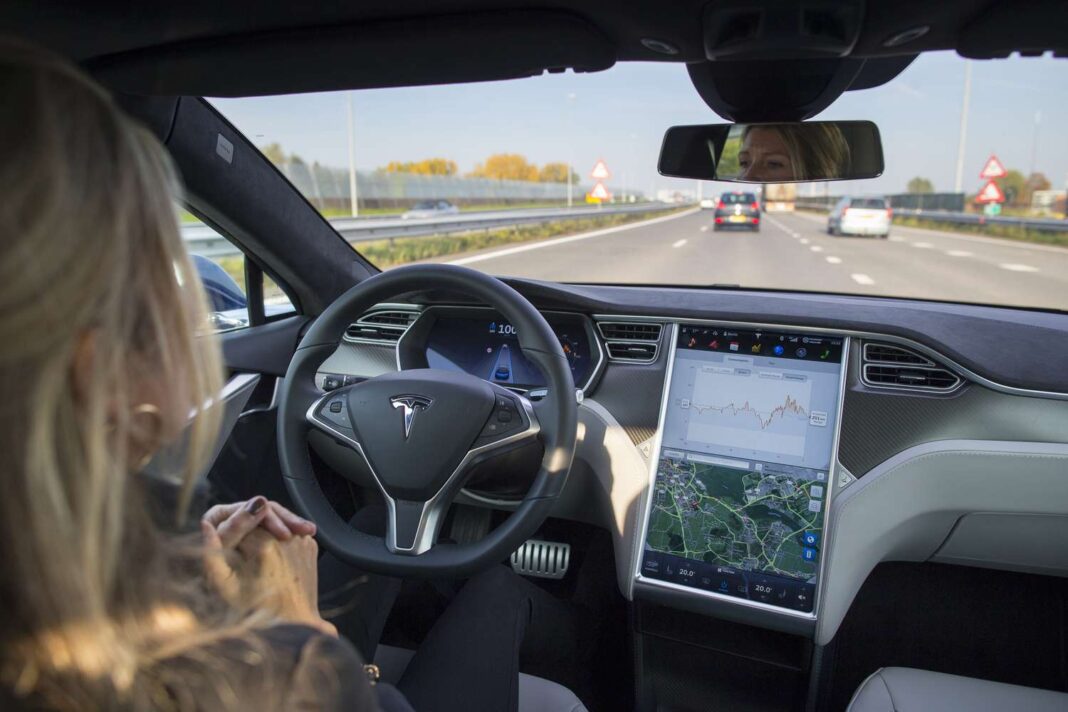However, as more electric vehicles (EVs) grow in popularity, many interested buyers are weighing in on the idea of owning one, or perhaps wondering about the entire cost of owning an electric vehicle. Electric cars are mainly eco-friendly and low in maintenance, but one of the most frequently asked questions is: Is insurance of electric vehicles cheaper? This will be discussed in this blog as factors affecting the insurance rates of electric vehicles versus traditional gasoline-powered ones and what to know before buying an EV.
So, you’re thinking about getting an electric vehicle. However, you may be asking yourself, do electric cars have cheaper insurance? Associated with this, insuring an electric vehicle (EV) is not the same as insuring any other kind of vehicle; in fact, the charges may be different due to the repair costs, safety features, and many other factors. In this guide, we will find out how electric cars are insured compared to insured gasoline-powered ones and if you would expect to pay less on coverage. It is really part of understanding the certain factors before making a smart choice for savings and vehicle cost.

Do Electric Cars Have Cheaper Insurance? Discover the 3 Truth and Save Big! :
1. Are Electric Cars Insured Cheaper?
Very occasionally, the straight reply is: it depends. Electric vehicles generally will have cheaper insurance than their traditional counterparts due to lower maintenance but not always true according to reality. There are several factors that determine how electric cars will be insured or insured in relation to other traditional gasoline- or diesel-powered vehicles. Let’s check the reasons why it is possible for electric vehicles to prove more expensive when it comes to insurance premiums.
1. Higher Repair and Replacement Costs :
Compared to their equivalent traditional vehicles, newer model electric cars are much more likely to have significantly higher repair costs. Often, they use complicated advanced technology as well as specialized components and high-voltage battery systems, which usually prove to be expensive in repairs. Had an accident in your electric vehicle? The cost of replacing or repairing parts-the battery pack, electric motor, etc.is extremely high, compared to an internal combustion engine vehicle.
2. Limited Repair Shops :
The newer technology of EVs in the market means that there are fewer repair shops and mechanics qualified to handle electric vehicle repairs. Often, specialized technicians fetch higher repair costs.
3. Higher Vehicle Value :
Newer electric vehicles, especially high-end luxury ones, are very costly upfront. For example, models like the Tesla Model S or Audi e-Tron cost a fortune. Insurance premiums are normally correlated to the value of the vehicle: the more expensive your car gets, the higher the insurance premiums will be.
Why Electric Cars Can Be Cheaper to Insure
1.Fewer Moving Parts :
Electric cars have fewer moving parts compared to petrol- or diesel-powered vehicles, meaning that fewer things can break down and require costly repairs. It can be said that with a reduced number of moving components, electric vehicles usually undergo less wear, which ultimately leads to a reduction in cost for insurance in the long term.
2. Advanced Safety Features :
Indeed, many electric vehicles come furnished with the latest safety features within vehicular technology-such as automatic emergency braking, lane-keeping assist and collision avoidance. It can be a cause of decreased chances of accidents happening, rendering EVs safer, and in some cases would allow users to apply for discounts on insurance premium payments.
3. Government Incentives and Discounts :
Some insurers also give discounts for eco-friendly vehicles or those that meet a specific environmental standard. States may offer more incentives or rebates for driving an electric vehicle, helping to bring down the cost of insurance.
2. Factors Affecting the Cost of Insurance for Electric Cars :
Whether you’re insuring something like a Tesla or a Nissan Leaf, these factors/influences will dictate your insurance premiums.
Vehicle Make and Model :
Some models of electric cars have a higher insurance cost because of how costly it is to buy, the advanced technology it carries, or luxury status. For example, a more expensive model such as the Tesla Model X or even a BMW i3 may very well end up costing more in terms of insurance premiums than say, the less-acclaimed Chevy Bolt or the Nissan Leaf.
Battery Coverage :
The battery itself is counted as one of the most expensive components of an electric vehicle. In fact, sometimes, separate insurance needs to be taken for the battery, increasing the policy cost overall.
Location :
Where you live is one of the factors determining how much your car insurance premiums will be. If you live in an area where accidents are rampant, insurance will likely be higher. According to certain states, some give discounts to electric vehicles, while others have differing rates, imposing a bit more on account of repair and replacement costs of EVs.
Your Driving History :
With traditional car insurance records, your driving history will also cater to most of the functions of how your premiums will take shape. A clean record may score you low rates while a history of accidents plus a few traffic violations would bring your premiums sailing up.
Coverage Type :
Determining the appropriate insurance coverage is very critical. Indeed, comprehensive and collision coverages would be more expensive than liability-only coverage. However, for the sake of fully protecting your electric car against losses through accidents, theft, or other damages, it might be worth paying a little bit extra.
3.How to Save on Electric Car Insurance :
Thus, effecting such a high expense in insurance premiums for an electric car yet, there are savings in premiums as follows:
1. Shop Around for Quotes :
Collecting quotes from many insurance companies for comparison is also an option to nail down the best buy for just an electric vehicle. Prices of insurance can be very variable across insurers and therefore, you have to put in the legwork.
2. Choose a Higher Deductible :
This is one way of lowering the months’ premiums. You just have to make sure that when you incur your claim, you are able to pay the high deductible.
3. Look for Discounts :
Look for electric vehicle discounts or other discounts that may be available to people using green technology. Ask your carrier about discounts and ensure that you do not miss any of them.
4. Usage-Based Insurance :
You drive little distance, so consider choosing pay-per-mile or usage-based insurance. In these kinds of insurance, the use of tracking shows how much you drive, and your rate is adjusted accordingly to your driving habits.
5. Bundling Your Policies :
If you have homeowners or renters insurance already, you may save significantly by bundling your electric-car insurance with that company.
4.Conclusion: Analyzing Electric Car Insurance Prices
Insuring an electric car may be more or less costly depending on what is used in comparison: petrol cars have variable numbers of working parts and advanced safety features; but, while electric-powered vehicles do suffer high repair costs and initial purchase prices that leave their petrol counterparts gasping, insuring one electric car will probably never be like another due to variance. Seeking the best value for your needs should guide you.
Anyway, some things may be put on hold for contemplation: insurance premium, upkeep, preserving expenses, and government incentives. Cheap insuring could be one way you might get the actual feel of owning an electrical vehicle.


